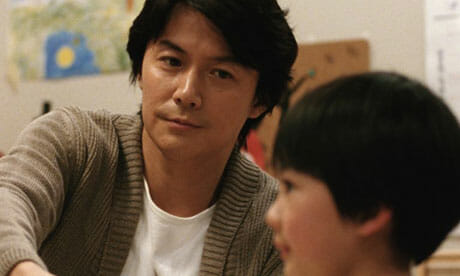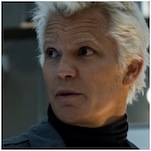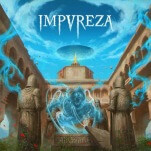Like Father, Like Son (2013 Cannes review)

Like Father, Like Son, the latest bittersweet drama from Japanese writer-director Kore-eda Hirokazu, may be utterly conventional in some ways, but its surging emotional power eventually proves too overwhelming to deny. We probably don’t need another film about a workaholic father who learns to stop and smell the roses, but when it’s handled as effortlessly as Kore-eda does here, you remember that storytelling conventions exist for a reason: In the right hands, they can still work wonderfully.
The film stars actor (and Japanese pop star) Fukuyama Masaharu as Ryota, who lives with his wife Midori (Ono Machiko) in a posh high-rise with their 6-year-old son, Keita. Because of their lush condo’s sterile environment and Ryota’s haughty demeanor, we sense that this is a man who needs to understand that making money isn’t everything. That lesson comes in an unexpected form, however: The hospital that delivered Keita reveals that they accidentally gave them the wrong boy, and that their child has been living with a working-class family led by parents Maki Yoko and Lily Franky. It’s a shocking development for all involved, but for Ryota it also creates a strange dichotomy of emotions. On one hand, he guiltily feels a sense of validation that the underachieving Keita wasn’t really his boy. On the other, there’s a great deal of trepidation about how best to negotiate the difficult decisions concerning what to do next with the two kids.
-

-

-

-

-

-

-

-

-

-

-

-

-

-

-

-

-

-

-

-

-

-

-

-

-

-

-

-

-

-

-

-

-

-

-

-

-

-

-

-








































